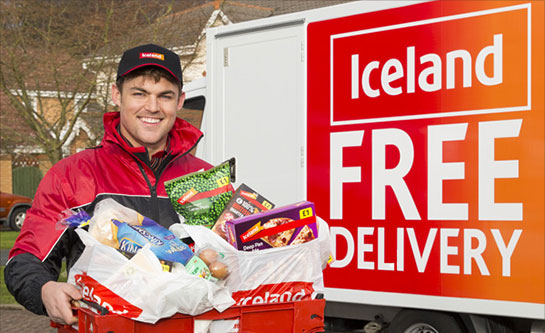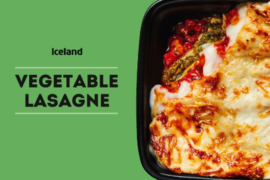While an ongoing price war in the highly competitive British retail market has resulted in a dip in profits for frozen food retailer Iceland, group turnover rose by 2.7% to £2,716m during the 52-week period through March 28, 2014. Adjusted EBITA (excluding exceptional items) amounted to £220.2m, compared to £226.3m during the same period in 2013, the Deeside, Wales -headquartered company recently reported.
“The UK food retail market is undergoing a period of major change, characterized by very strong growth by the hard discounters at one end of the market, and good progress by more upmarket specialists at the other,” commented Malcolm Walker, chairman and chief executive. “The result has been a squeeze on the ‘Big Four’ major multiples [Tesco, Asda, Sanisbury’s and Morrisons], to which they have reacted by continued intense short-term promotional activity, particularly through coupons and by selective price cuts.”
He continued: “Iceland has demonstrated it ability to withstand this intense competition and outperform the major multiples through innovation in both products and service, the convenient nature of its store locations and local catchments, and by maintaining its competitive edge on price.”

As innovation is the lifeblood of the retail food industry, the freezer chain specialist introduced over 130 new products under its brand name during the past year. It also exclusively launched McCoys and Hula Hoops into the frozen category.
“Our unique bagged ready meals for £2, limited edition curries and woodfired pizzas from Italy have all captured customers’ imagination,” said Walker. “We also continued to lead party food with the introduction of Bubble Bobble Prawns and a number of other new lines.”
A relatively new service launched last May, online shipping, is now available through 280 stores. Free home delivery is offered to shoppers who place orders amounting to £35 or more. Delivered sales are now averaging more than 200,000 per week.
The company made major investments in expanding its presence both at home and abroad during the past year, opening 46 new stores in the United Kingdom [only three were closed] and serving new export markets in South Africa and the Czech Republic, in addition to acquiring formerly franchised outlets in Ireland. It now operates 833 stores systemwide, up from 790 in 2013.
Approximately 1,500 jobs were added in the UK, and more are coming as 40 new stores are scheduled to open in this year. In total, the company currently provides employment for over 25,500 people.
Morrisons Cuts Personnel
Meanwhile Morrisons, Britain’s fourth largest retailer with an 11.6% share, has announced that it will slash its payroll by 2,600 in an effort to cut costs.
The Bradford, West Yorkshire, England-headquartered company reported a 7.1% fall in sales last month. This can partly be attributed to price cutting, as it maneuvers to win back customers who have been lost to deep discount chains. The biggest of the discounters, Aldi and Lidl, now claim more than 7% of the UK market, according to Kantar Worldpanel.
But it’s not only the discounters that are impacting Morrisons, according to Emily Smith, a retail analyst at Added Value. She believes the failure to move fast enough to offer home delivery and more aggressively expand into small store formats has also hurt the company.
As Morrisons restructures to regain competitiveness, it plans to open more M-local convenience stores to recapture market share. Over 1,000 new jobs are expected to be created in the process.





